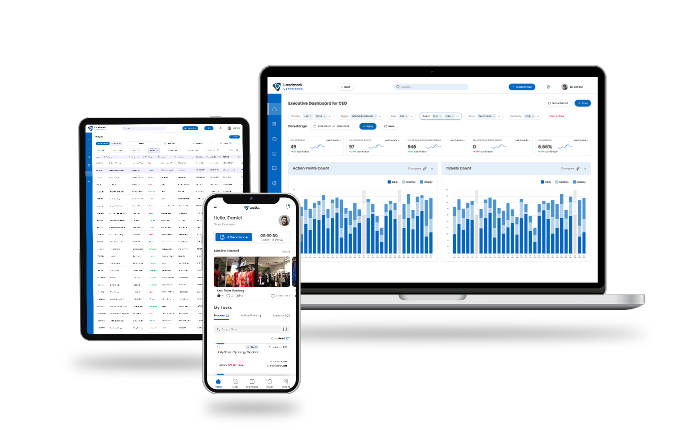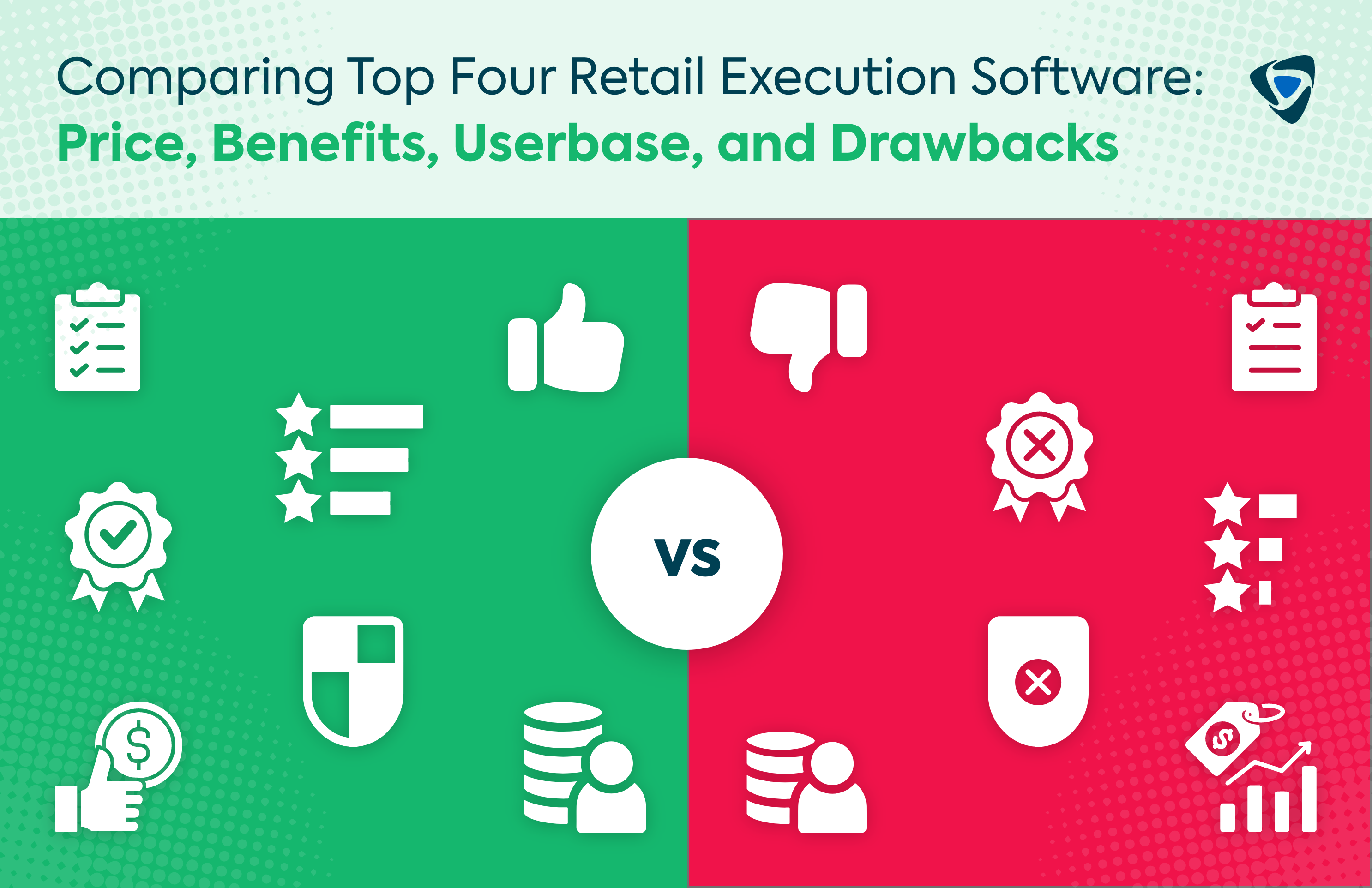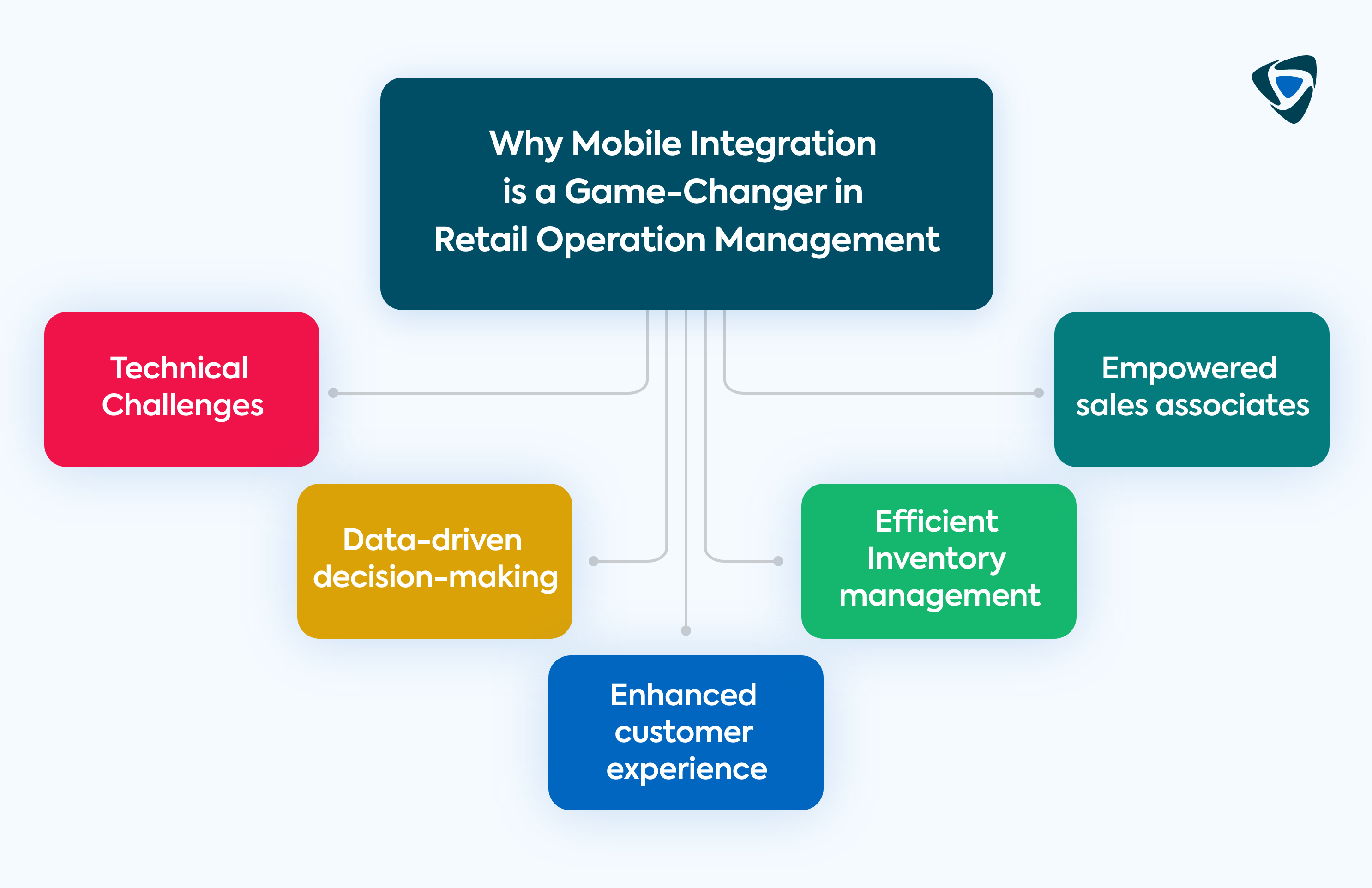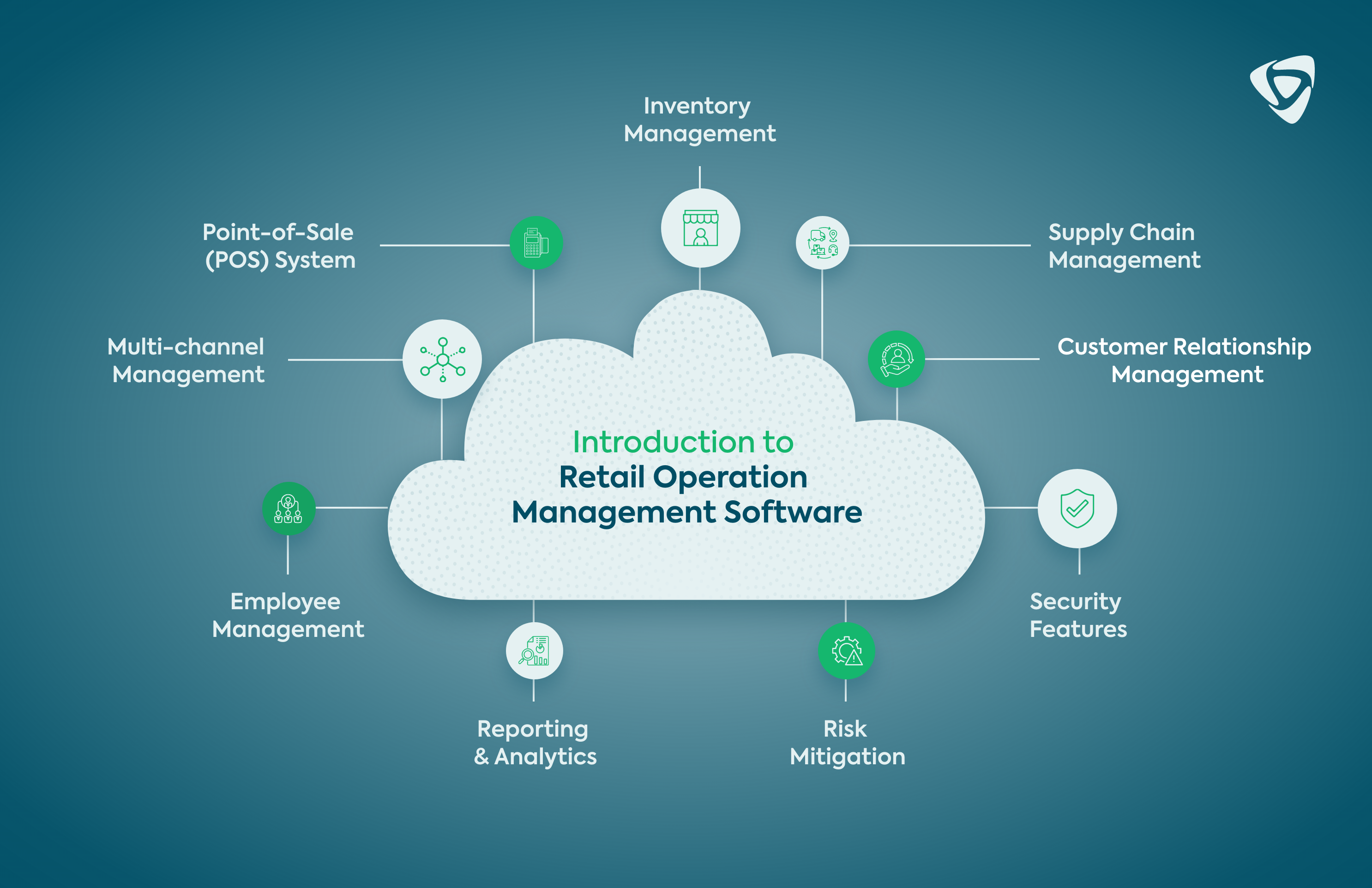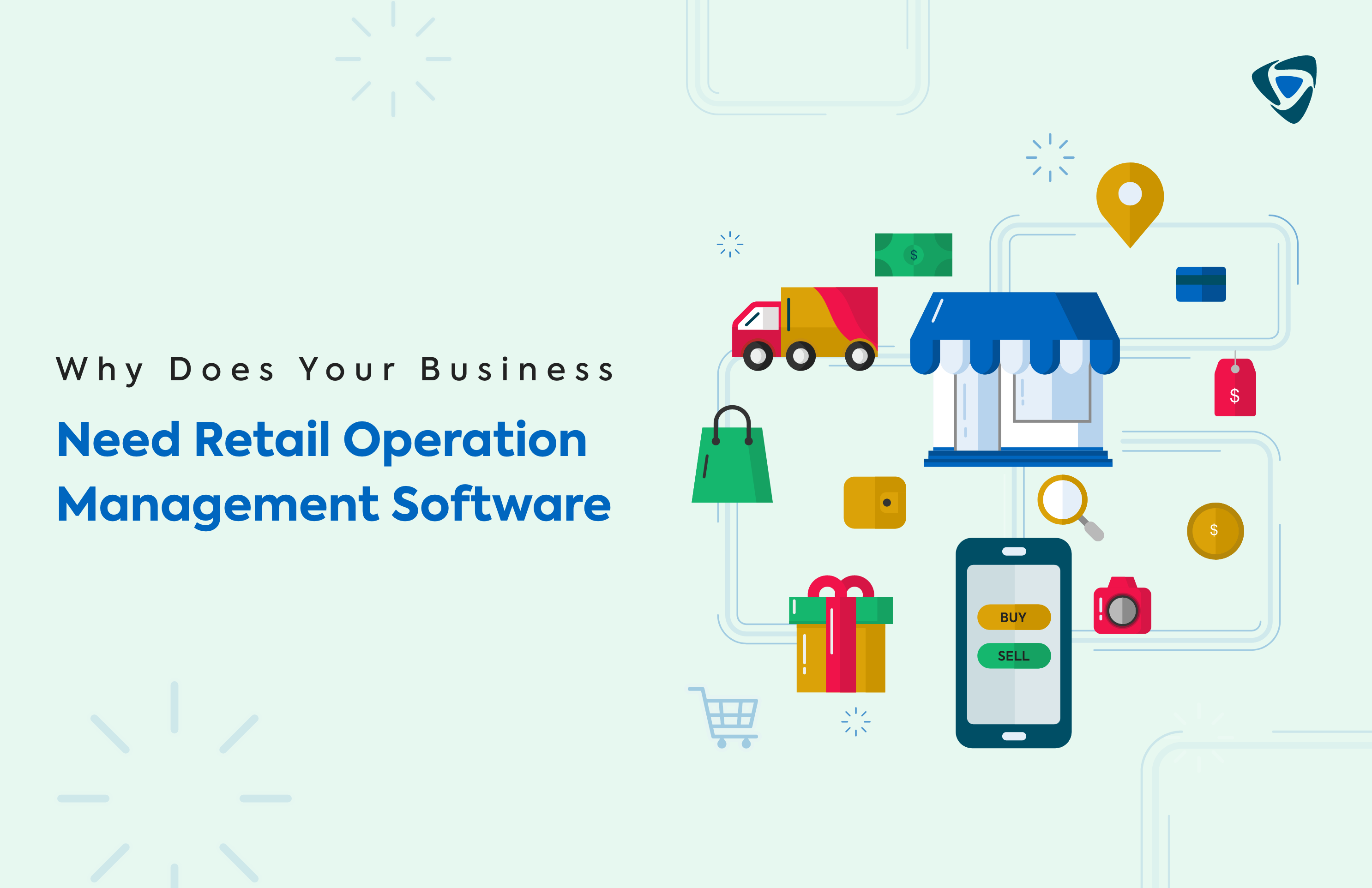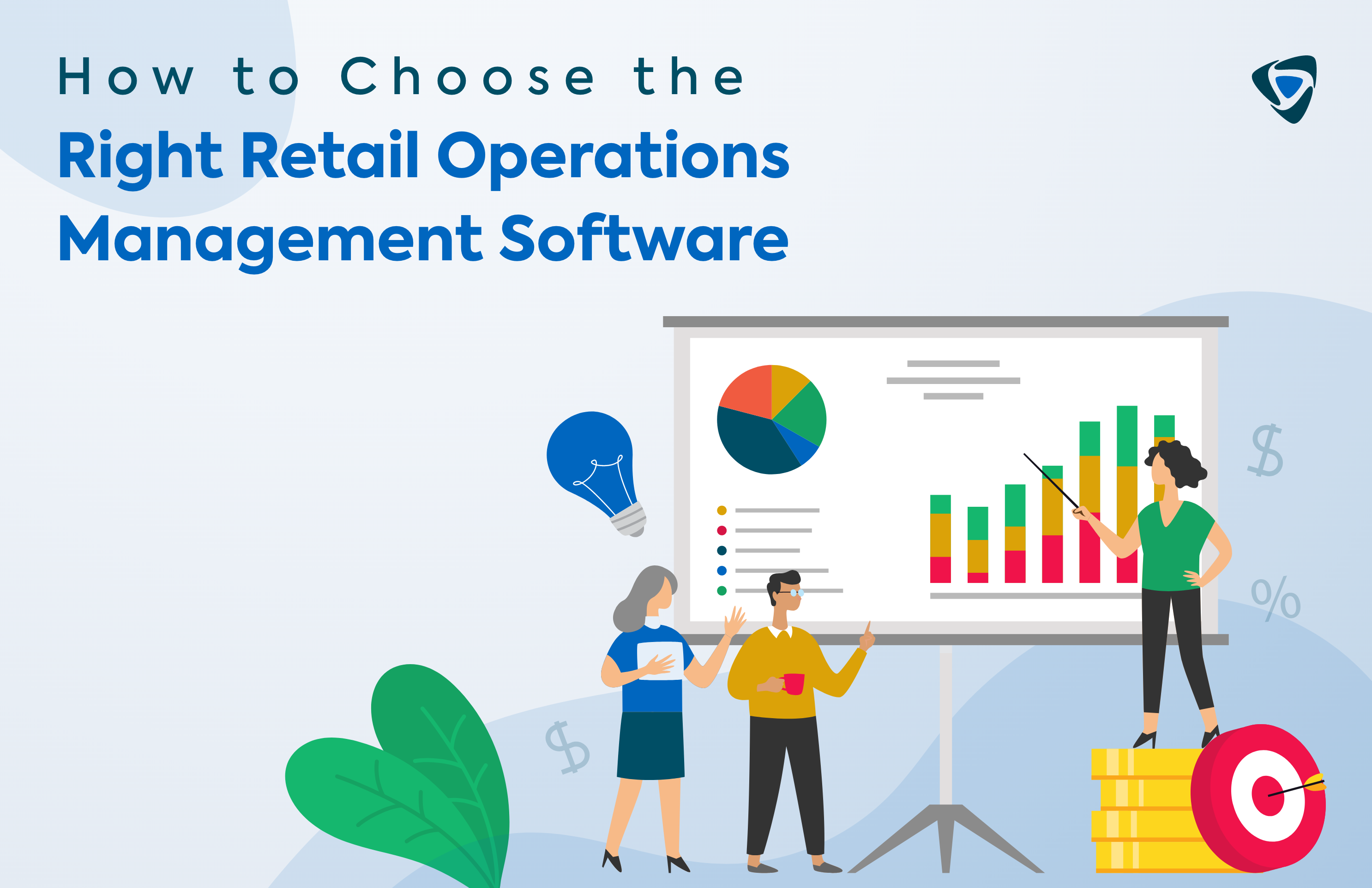Guide
Learning Management System (LMS) Software for Retail
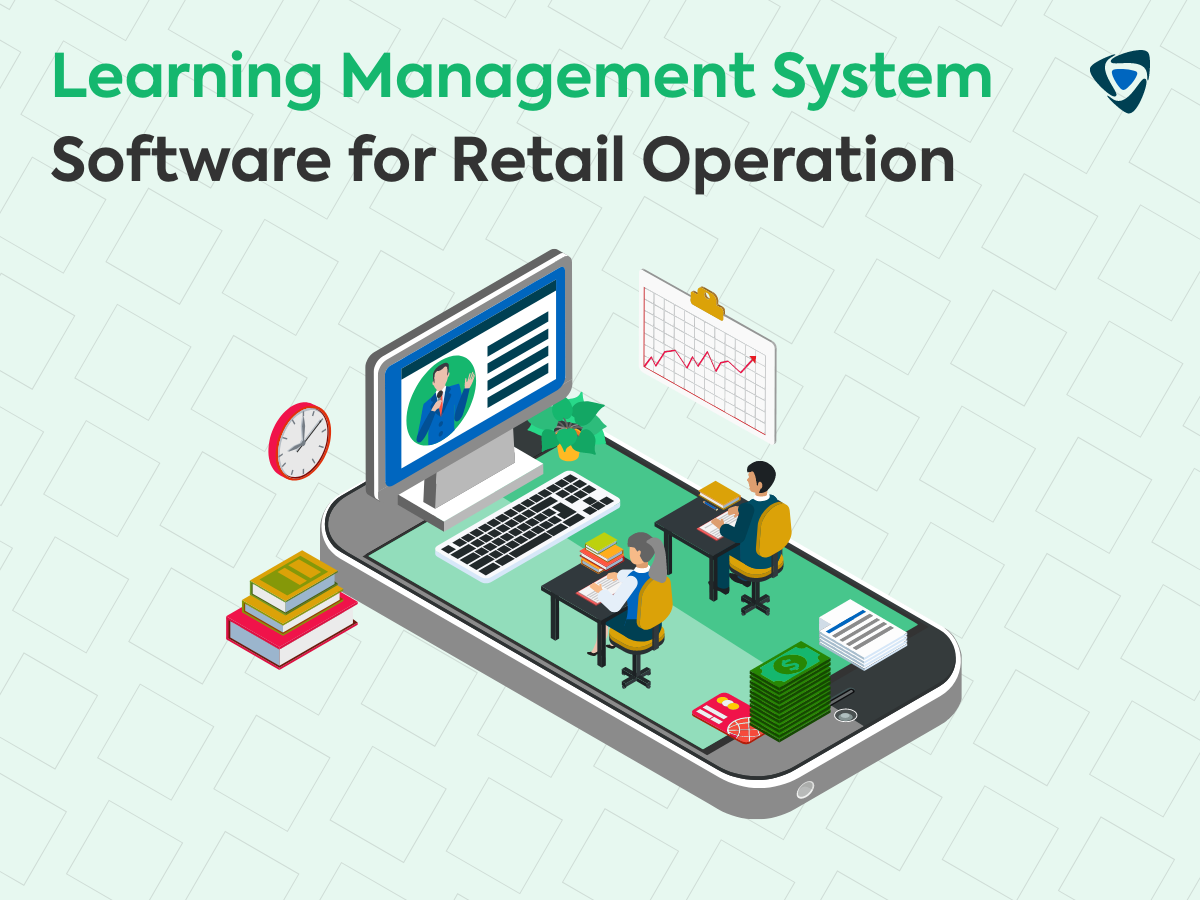
LMS (Learning Management System) Software for Retail Operation
Learning Management System (LMS) software is an important tool for retailers to improve employee training in retail operations, especially when it comes to multiple stores. Learning Management System for retail enables businesses to train store team members, conduct assessments or quizzes easily, track progress, and ensure consistent learning across all store teams. Retail is one of the industries that face high employee turnover. Therefore, training new members very frequently can be a tedious, ineffective, and costly process with traditional classroom training.
The learning management system software makes the training process easier and facilitates store team members to access training content and materials anytime, anywhere to learn at their convenience. Let us take a look at what is LMS software in the world of retail, What are the most important features of retail, what are the different functions performed by LMS software when it comes to retail store operations, and the advantages it brings to your business. Continue reading the blog to get a complete picture of LMS software for retail operations.
What is LMS software in retail?
A learning management system is software that is either web-based or application-based that helps in planning and executing learning or training processes through e-learning methods. An LMS system offers a trainer, teacher, or instructor who creates and delivers the learning content to this platform from where students or employees can access the content for studying. A good LMS software offers many features to make the learning process easier like user registration, access, calendars, assessments, quizzes, reminders, notifications, and more.
When it comes to the retail sector, LMS reduces cost and increases effective training of your store teams including general training, workshops, visual merchandising execution, latest updates, and more. Taqtics is a great platform exclusively tailored to meet the regular training needs of a retail business with multiple store locations. The platform allows you to upload new content and assessments and let’s assign it to your store team members based on location or designation from the software itself.
Moreover, Taqtics is an all-in-one solution that streamlines in-store operations for multiple retail l activities like SOP checklists, audits, VM execution, store team training, notice boards, assessments, attendance tracking, and more. With Taqtics, store team members access training modules, content library, and assessments conveniently on their smartphones anytime, anywhere. The platform has smart tools and features to easily conduct assessments, and quizzes, and download automated reports and data insights. Taqtics also gives the management complete visibility into the training progress of every employee through detailed dashboards.
Must have features of LMS software
A learning management system for retail is software that offers tools and features to conduct easy, effective, and regular training processes for store teams across multiple store locations. Here are some of the most significant features of LMS software for retail operations.
- Centralized Management System for Training: Learning management system software allows retailers to centralize the training-related communications, learning materials, updates, notifications, and the distribution of training content across all store team members. This ensures consistency and uniformity in the management of training various store teams across different or multiple locations.
- Tracking the Progress of Store Team Members: Learning management system software helps the retail business management to track and monitor the progress of every store team member throughout their training period. The Taqtics LMS software provides real-time insights into the learning completion percentage of store team members along with their quiz results, assessment scores, and overall performance charts. This helps the training managers to analyze and understand the knowledge gaps and areas of improvement individually and collectively.
- Interactive Training: Retail managers design an engaging and interactive training program for their store’s staff teams using learning management system software. In order to improve the effectiveness as well as knowledge retention throughout the learning process, platforms like Taqtics support multimedia content like images, videos, interactive modules, interactive quizzes, score charts, and other effective training mechanisms.
- Assessments and feedback: Learning management systems provide built-in assessment capabilities to examine the training’s impact, knowledge retention, and level of conceptual mastery. It helps you easily create and carry out tests and evaluations with additional feedback options. This offers helpful direction, encouragement, and insights to continuously enhance the training of the retail store personnel.
- Easy Accessibility: Software solutions for learning management systems are accessible to all smart devices, allowing store team members to access training materials on their smartphones whenever and wherever they want. Particularly when different team members are in charge of various shifts at the retail shop, this flexibility enables store team members to receive training and learn at their own speed and convenient time.
- Performance Analytics: Learning management system software provides comprehensive progress report analytics and insights into the performance of every store team member across multiple locations. These progress rates, assessment scores, and performance metrics give insights for training managers to measure the impact of the training content. This helps to identify areas of improvement in the training sessions and make data-driven decisions for the betterment of employee performance and learning experience.
These are the essential features required for an effective learning management system software for retail. Further in this blog, we will discuss how these features add value to the empowerment of your retail business.
What are different LMS operations?
Learning management system software aids retail operations in countless numerous wayber. Let us take a look at the key functions of Learning management system software across all your retail stores.
- Creation of Training Courses: The learning management system that is being implemented at your retail stores should be well-equipped. The digital tools should facilitate the planning, creation, and organization of training modules using multimedia content.
- User Management: There should be a friendly user interface with complete capacity to manage from the beginning to the regular training sessions of store team members. It should facilitate managing the store team member user accounts, assigning modules based on location, designation, or by name, and tracking the progress and performance of all the store teams.
- Content Management: The learning management system software aids in the organized method of arranging content in the platform. Taqtics has a content library where the store teams can find all learning materials, file uploads, and more. This type of content management removes the hassle of store team members carrying and managing bundles of paper-based learning materials.
- Assessment and Quizzes: An efficient learning management system software offers specific tools to create and conduct assessments, quizzes, and interactive training sessions easily. The tools support various question or assessment types and scoring methods.
- Progress Tracking and Reporting: Learning management systems offer tools to track the progress of training with more automated detailed reports. It also gives data insights to understand areas of improvement and the understanding of the trainees.
- Compatibility with Smartphones: When you are selecting an LMS software for your retail business, you must ensure that the software has user-friendly mobile compatibility. This allows the trainees to access training materials on their smartphones or tablets catering to the convenience and pace of the trainees.
- Performance analytics and insights: A learning management system software details the training data, performance, engagement, and reports. This helped to identify the store team members who needed extra training attention and who were lacking where and cater to those training needs.
From creating impactful training content with multimedia to efficient user management and data analytics, learning management systems software revolutionizes the training journey of retail store teams.
What is benefit of LMS software?
The primary benefit of learning management system software is that it enables streamlining the entire process of training store teams with intelligent tools. It helps in adding users, creating, managing, and delivering training content making it accessible for the trainees anytime and anywhere from their smartphone.
- Scalable and Cost Effective: Learning management system software can easily accommodate the growing demands of regular retail store team training. At the same time, it significantly reduces costs as it does not require the traditional methods of classroom training and management.
- Centralized Management: The learning management system software brings together the management and delivery of training materials all from a single location. The administration can easily access the dashboard to get real-time visibility to track the training progress across multiple store locations.
- Flexible: The learning management system software enables easy accessibility to access training media and content on their smartphones no matter the place or time. This eliminates the need for everyone to sit together inconveniently for classroom training sessions and carry around bundles of learning materials
- Interactive and Engaging Training: Learning management system software offers interactive training session that helps the store team members have an engaging and effective learning experience.
- Customization: Learning management system software like Taqtics facilitates retail business organizations to tailor solutions according to their unique business needs ensuring personalized learning experience for employees.
- Return on Investment (ROI): With consistent contribution towards the improvement of employee training, performance, and productivity, the learning management system however does not require the huge expense that is required to conduct classroom training. This helps the retail business to have a positive ROI as the LMS software reduces expenses while helping to yield more benefits in the training and performance of the store teams.
There are multiple versatile benefits of the learning management system software. It eliminates the cost and needs of classroom-based training while adding tremendous value to your retail business.
What are the 4 characters of LMS?
Learning management system software offers a lot of features and smart tools for streamlining the training process across different locations. Here are the top 4 characteristics of LMS for retail store team training.
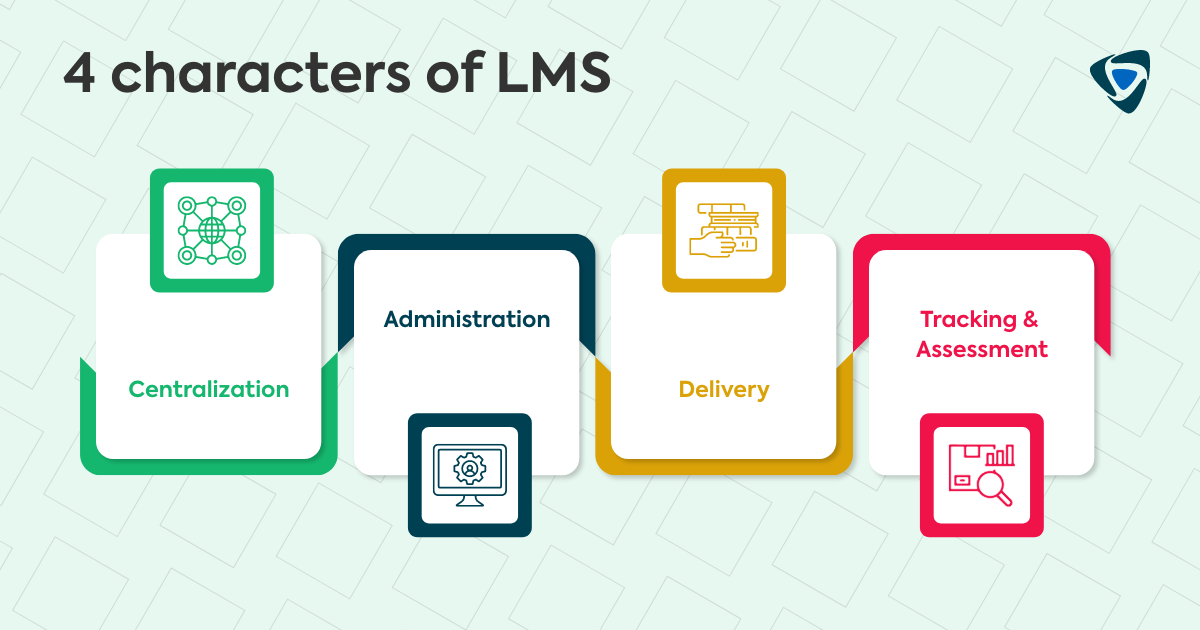
- Centralization: The learning management system software offers a central location where all the learning resources are arranged, kept safe, and can be accessed by the store team members. This protects all the training data and is a more effectively organized way to approach training the store teams.
- Administration: Learning management system offers administrative tools that enable the training managers to create an account for users, access the dashboards, monitor progress, download reports, and manage the complete training process easily.
- Delivery: LMS software facilitates the digital delivery of all the learning materials, modules, training content library, and all the courses to the trainees through a mobile learning system.
- Monitoring: LMS software enables the easy tracking process of the trainees with clear performance metrics and insights. It includes how many modules they have completed, how many modules are left to complete, how many assessments have been completed, what are the results of these assessments, at what rate every store team member is learning, and more.
These four main characteristics of the learning management software system consistently refine the training process every day making the process easier for both the management and store team members.
What is the advantage of LMS?
Employee Retention: The retail industry has one of the highest employee turnover ratios. This causes a huge expense when continuous employees are leaving and being hired at your retail stores. This also affects providing customers with a consistent experience throughout your retail stores. Learning management system software ensures the store team members that the company is investing in their careers and is more likely to reduce your employee turnover ratio significantly.
Enhanced Onboarding Experience: With a traditional training system, new staff is given one-time training which is not done in-depth. There are no regular or personalized training sessions. With learning management system software like Taqtics, there is a detailed training session that the employee can access in their free time through their smartphone and learn at their own pace. With bite-sized training sessions, interactive sessions, and assessments, there is much scope for updated learning and knowledge retention.
Content Library: All the training multimedia content, digital training materials, and training history are saved in a central location. There is intricate training knowledge often being lost due to the high employee turnover in a traditional retail staff training system. However, with the digital content library, no such valuable information is lost and it is accessible to all the store team members anytime they need to refer quickly.
Long-Term Benefits: Learning management system software only requires your business to learn how to use it once. However, the benefits of an LMS software implementation grow significantly with time through regular training, personalized training approaches, management dashboards, updated information, and more. It reduces the costs of continuous training while offering an efficient and effective training experience for your store teams.
The advantages of implementing a learning management system software in the retail business have long-term and impactful everyday benefits for your retail stores. With an LMS system like Taqtics, your retail business with any number of outlets throughout the world can ensure your store teams stay up to date and stay well equipped to provide your customers with a consistent and great experience.
 Schedule A Demo
Schedule A Demo 


